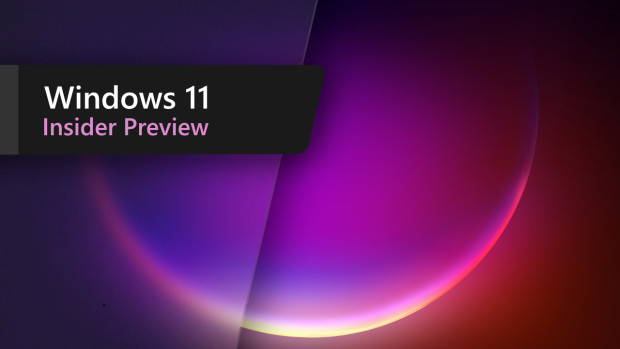I've talked about the revamped Microsoft Store in Windows 10 and Windows 11 quite a bit in the past few months. I gave it positive feedback in my dedicated Closer Look piece and our Windows 11 review. It is also among the top five things I love about Microsoft's latest OS.
That said, like every piece of software out there, it's still not perfect, and that's something I have mentioned in my previous writings too. The quality of the storefront and the apps available on it is another story altogether, but today, I want to talk about one missing capability on the UI front that I hope Microsoft adds soon.

The missing feature I'm talking about is the lack of app version history. If you're unaware what this means, let me explain a bit with comparison to the other two major storefronts. Starting off with Apple's App Store - which I think has the best implementation out of the three -, we get a whole list fo previous versions and their respective change logs. You can check out the screenshot above to see the latest version of Spotify available in the App Store in the window on the left (highlighted) as well as change logs, version numbers, and update dates for previous versions in the window on the right.

While the Google Play Store doesn't provide this level of detail, at least it tells you the last updated date for the app. It also has a label for current version, but in most cases, it says "varies with device" if you check from a desktop browser. However, if you check on a mobile device, you do get to see additional information such as the exact version number for your device as well as the initial release date.

On the other end of the spectrum, I think that the Microsoft Store is the most disappointing in this regard. If you don't have an app installed (for example, Facebook) and you visit its store listing, you can only see the initial release date for the app. I personally think that this is the most useless piece of information without additional context. See the screenshot of Facebook's store listing above. You know that it was released in 2013 (highlighted), but has it actually been updated since then? Good luck figuring that out.

The Microsoft Store does attempt to provide you some more information if you have the app installed. For example, I have installed Spotify on my machine and now the store listing for the app shows me the installed version (highlighted). However, once again, without additional context, this information is useless to me as well. Sure, I know the installed version, but do I know if this app has now been abandoned by the developer? Your guess is as good as mine.

To be fair, Microsoft does try to answer this question but it's not really an elegant solution. If you visit your app library in the Microsoft Store, you can see when an app was last updated (highlighted). But the problem is that it shows you the last updated date for your device. Maybe the update came out two years ago, and you had auto-updates turned off so you only got it when you manually triggered the update process. All in all, even this information is pointless without extra context.
I understand that the lack of a version history may or may not bother certain people depending upon how frequently they use the Microsoft Store. But as someone who has invested time and money in Microsoft's storefronts since the Windows Phone days and knows how developers used to suddenly abandon development of apps because of a low customer base, version history is information that is vital to me before I decide to give the app a go.

Let's take Spotify as a hypothetical example. If the company decides to abandon support for the Microsoft Store but doesn't decide to pull the app completely, the storefront itself would provide no information to give me this indication unless Spotify explicitly highlights it in the change log. Due to the lack of version history, I might install the app, spend lots of time migrating my library and curating my playlists, and then find out next month that Spotify is pulling its app after all, because hey, it's already been in an "unsupported" state for some time.
While this is a hypothetical example that probably won't come to pass in the case of Spotify, people who have been customers of Microsoft's storefronts understand quite well that this is always a possibility given the dwindling user base of the store in general. You could blame the developer for not giving clear guidance in their app's description about lack of support, but at the same time, I think that Microsoft needs to proactively tackle the issue of low transparency in abandonware too.
When developers submit apps and updates to the Microsoft Store, a version number, and a change log is clearly defined. The last updated date is obviously stored on the developer portal for tracking purposes too. What's stopping Microsoft from sharing this information with consumers as well? I honestly don't know.
That said, with the development of the Microsoft Store now being helmed by star developer Rudy Huyn, I do hope that the company invests more time and thought in improving the user experience for its storefront. The Microsoft Store is in a much better place than it was a year ago, but there is clearly room for improvement.
Do you use the Microsoft Store frequently? Do you think that the Microsoft Store would benefit from an app version history? Let us know your thoughts in the comments section below!


















22 Comments - Add comment